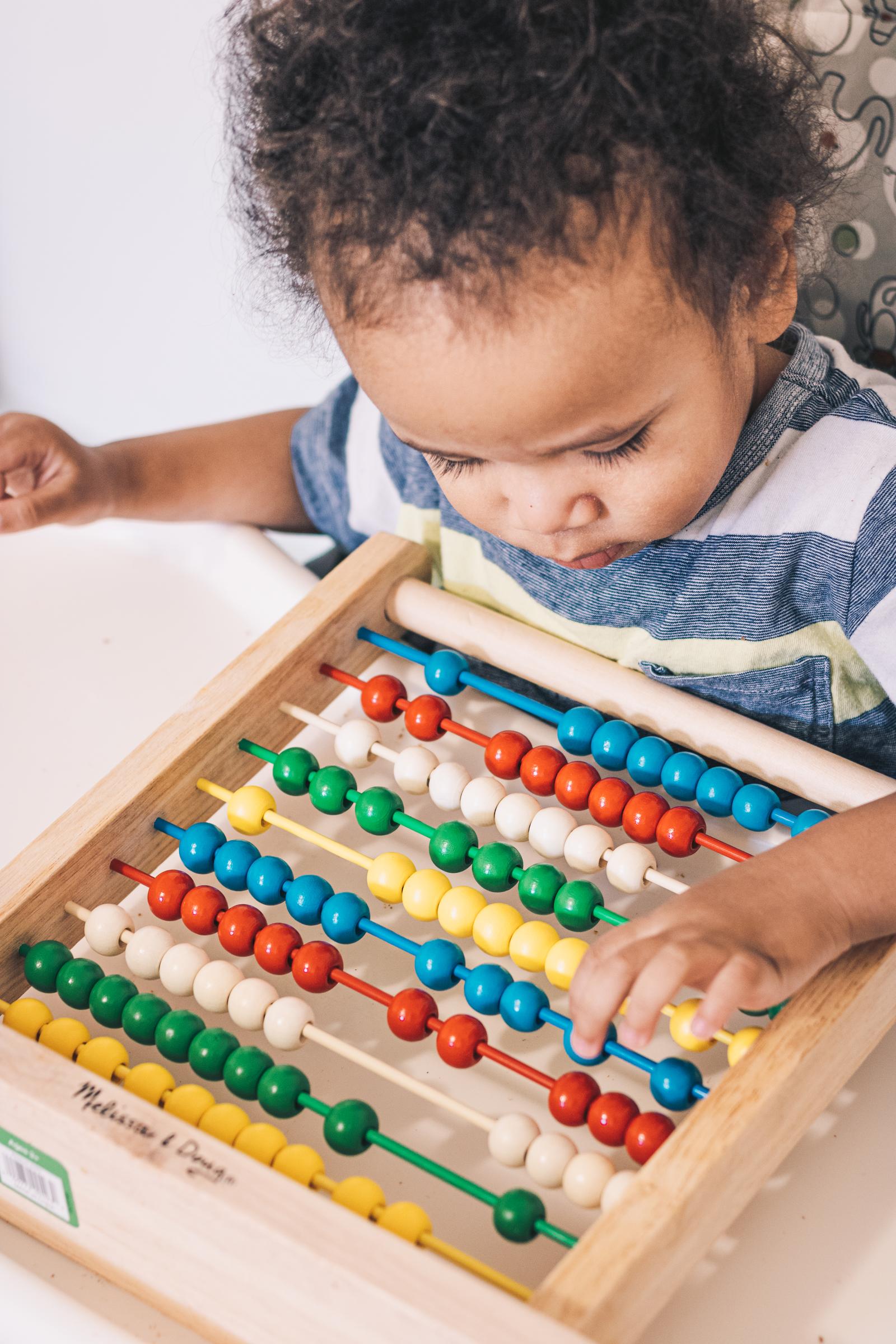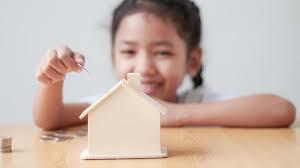Numeracy Report

YEAR 3 TO YEAR 6
Sharing recipes
Discussing maths when cooking can provide a daily maths lesson involving measurement, time, and cost.
Here are some activities you could try at home:
≫» Collect and read recipes and discuss the use of fractions, millilitres and grams. Encourage your child to make accurate measurements using measuring cups and spoons.
≫» Discuss how you would double or halve a recipe. Encourage your child to record new measurements for the recipe. Discuss why and when you might need to do this.
≫» Identify the temperature and cooking time on the recipe.
Discuss why different recipes have different temperatures and cooking times.
≫» Estimate the cost to buy all the ingredients to make the recipe.
Compare this with the actual cost of items. Ask your child if they think it was cheaper to buy the ingredients and make dinner or get takeaway.
≫» Make a list of the abbreviations used in the recipe and then write them in full – for example, L for litre, ml for millilitre, tsp. for teaspoon, tbsp. for tablespoon.
≫» Investigate the prices of fresh fruit and vegetables available in the supermarkets compared with market vendors.
Money Money Money!
Handling money
Encouraging your child to think about money, saving money, and considering how they spend money is very important.
Here are some tips and activities:
≫» Encourage your child to work out how much change you will get after buying something.
≫» Investigate costs for family trips together. For example, a visit to a theme park may include the cost of transport, entry tickets, food and transport.
≫» Discuss saving money for presents or something your child may want to buy. Work out how long it will take to save this much if they get a small amount of money each week.
≫» Negotiate increases in pocket money as percentages. For example, a 5% increase would be how much money per week? Is this better than a monthly increase?
≫» Encourage your child to save a percentage of their pocket money or birthday money and work out how much this would be. For example, how much money would you have if you saved
40% each week?
≫» Calculate together how much a mobile phone costs per month. What percentage of total cost is spent on messages and what percentage on phone calls?
≫» Read the newspaper or watch the news. Discuss what is happening with the stock market and why these changes may occur.
Kind Regards,
Klaudia Jellis
Leader of Mathematics


